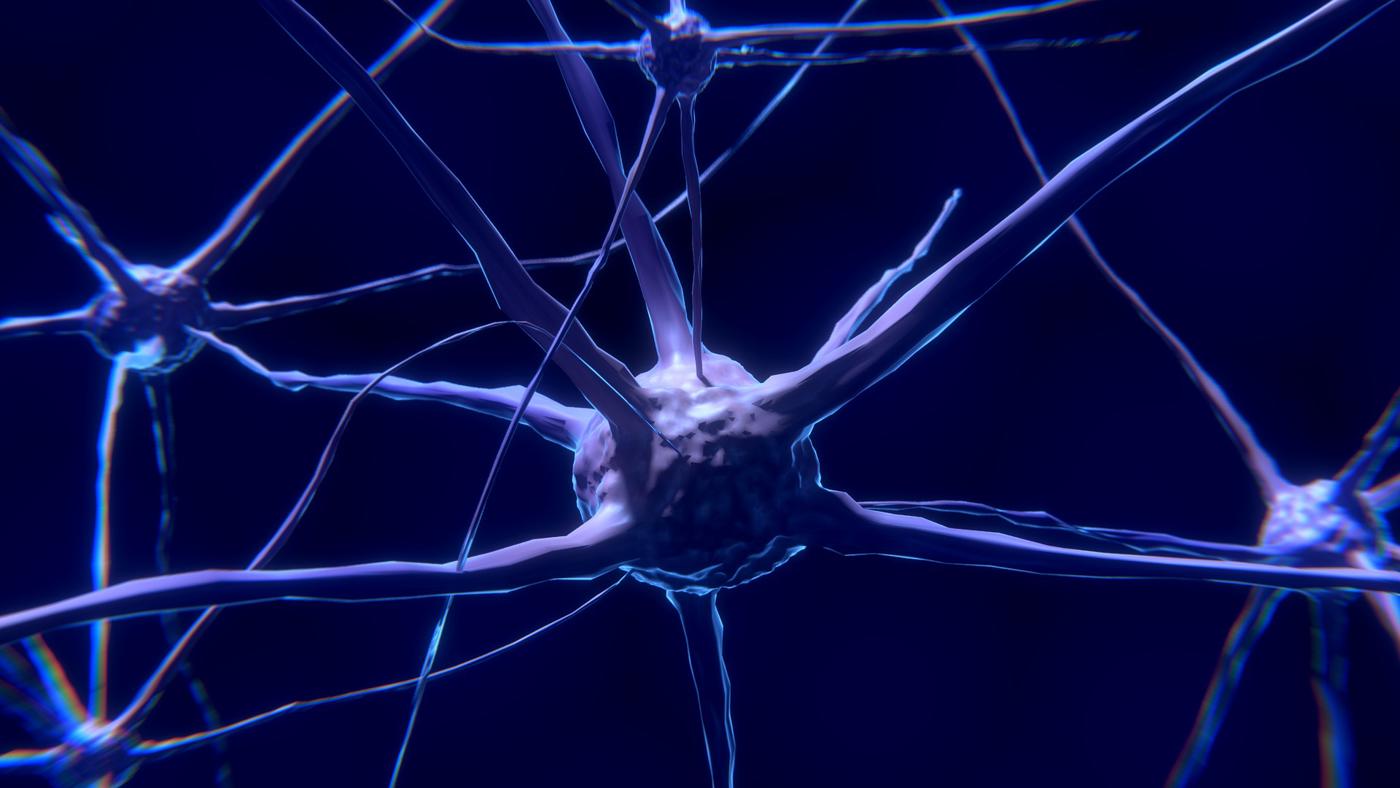
Dr Sovan Sarkar is leading new research that has major implications for neurodegenerative disease treatments
....identifying that nicotinamide adenine dinucleotide levels are being depleted when autophagy malfunctions is a very important step in thinking about a way to manage decline in brain health both in older age and among at-risk populations.
Dr Sovan Sarkar
Neurodegeneration in brain cells may be happening when the natural cellular cleaning process malfunctions due to falling levels of a niacin-related coenzyme and leaves cells starved of energy, new research led by a Gates Cambridge Scholar shows.
Brain cells die from malfunction of autophagy, a process by which cells get rid of cellular waste and generate energy for their survival. In new research published in Cell Reports, researchers have found that a metabolic failure arising from loss of autophagy is detrimental to brain cells called neurons. When autophagy stops working, the levels of a coenzyme called nicotinamide adenine dinucleotide (NAD) falls, causing the cells to not be able to get enough energy to maintain normal function and to survive.
Researchers led by Dr Sovan Sarkar [2002] at the University of Birmingham along with his PhD students, Congxin Sun and Dr Elena Seranova, and in collaboration with Professor Rudolf Jaenisch at the Whitehead Institute for Biomedical Research, developed a human embryonic stem cell (hESC) model with deletion of a key gene involved in autophagy.
They generated neurons from these hESCs to understand how loss of autophagy kills brain cells. In autophagy-deficient neurons, depletion of NAD was identified to mediate cell death. The researchers found that upon loss of autophagy, NAD was consumed by hyperactivation of naturally occurring enzymes such as Sirtuins and PARPs.
Critically for brain health, dropping NAD levels resulted in undesirable electrical changes to mitochondria, leading to them not being able to function effectively and cells aren’t able to metabolise energy to continue to maintain homeostasis.
The researchers say that the findings of this neurotoxic pathway provide new clues about a way to combat neurodegenerative diseases, by showing that compounds boosting NAD levels can improve the survival of neurons with loss of autophagy.
Dr Sovan Sarkar, a Birmingham Fellow in the Institute of Cancer and Genomic Sciences at the University of Birmingham and lead senior author of the paper said: “We have shown a new mechanism of how brain cells are dying when autophagy stops working properly by using a hESC-derived neuronal model of autophagy deficiency. Autophagy is a critical process across all cells, especially in neurons, and identifying that NAD levels are being depleted when autophagy malfunctions is a very important step in thinking about a way to manage decline in brain health both in older age and among at-risk populations.
“NAD can be boosted through the use of targeted therapeutics such as supplementation with NAD precursors like nicotinamide (NAM), nicotinamide mononucleotide (NMN) and nicotinamide riboside (NR), as well as through the consumption of vitamin B3 also called niacin.
“Our research also identifies the potential for drugs that slow down the NAD-eating enzymes in the PARP and Sirtuin families, all of which could support healthy ageing and reduced risk of neurodegeneration.”
The results suggest that among the many roles that autophagy plays, helping maintain the levels of NAD that supports cell metabolism is an important process for staving off neurodegeneration. It also provides new potential targets for future treatments for neurodegenerative diseases, both by targeting the enzymes (SIRT1 and 2 and PARP1 and 2) that ate up NAD and by supplementing NAD precursors.
Dr Viktor Korolchuk, Associate Professor at Newcastle University and a senior co-author of the paper, said: “Both autophagy and NAD levels decline in our cells and tissues as we get older contributing to age-related diseases. Our study helps to explain how these processes are interlinked: loss of autophagy also causes depletion of NAD.
“Our recent paper demonstrated this in yeast and mouse cells, and the current study in human cells unequivocally shows that this intimate link between autophagy and NAD can trigger the death of human neurons. This finding significantly adds to our understanding of ageing and age-related neurodegeneration and opens new avenues to explore.”












